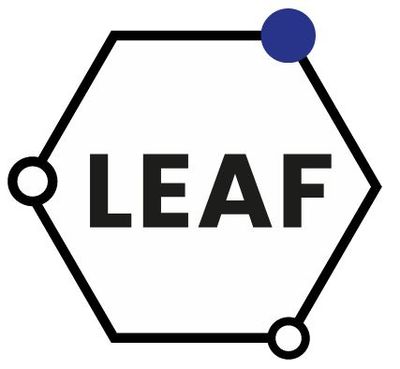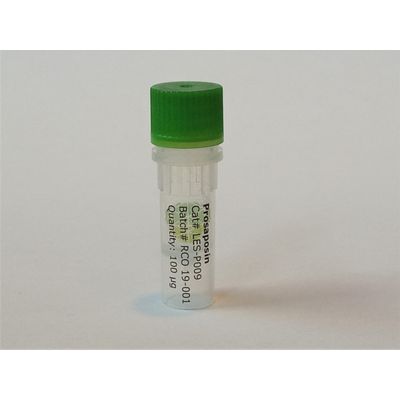

- Home
- Companies
- Leaf Expression Systems
- Products
- Leaf Expression Systems - Human ...

Leaf Expression Systems - Human Prosaposin (PSAP)
Recombinant Full-length Human Prosaposin (PSAP) produced in Nicotiana benthamiana by Agrobacterium-mediated transient expression.
Host species: Nicotiana benthamiana
Molecular weight: 58.1 kDa + Glycosylation
Tag: N-terminal His-tag
Uses: For in vitro research use only. Not for human in vivo or therapeutic use.
Relevance: Prosaposin (PSAP)1 is multidomain glycoprotein that is a precursor for four saposin (A-D) domains which are formed by proteolysis2. The saposin domains are sphingolipid activator proteins which are cofactors for lipid hydrolase enzymes responsible for intralysosomal degradation of sphingolipids3. There are a number of well-documented mutations associated with the PSAP gene that give rise to deficiency in either the full-length PSAP protein (neurovisceral dystrophy) or the individual saposin domains, e.g. Krabbe leukodystroph is caused by saposin-A deficiency, metachromatic leukodystrophy (MLD) by saposin-B deficiency and Gaucher disease which is attributed to saposin-C deficiency4.
Specification
Purity: 98 % as shown by SDS-PAGE
Biological activity: Active.
Endotoxin: Not tested.
Storage
Formulation: Lyophilized from PBS pH7.4, 175 mM Trehalose.
Shipping: Recombinant proteins are provided as lyophilized powder which is shipped at ambient temperature.
Stability & Storage: See COA for detailed storage instructions. Lyophilized materials are stable for up to twelve months from the date of receipt at -70?.
It is recommended that reconstituted protein be aliquoted for optimal storage. Avoid repeated freeze-thaw cycles.
Reconstitution: A hardcopy of COA with reconstitution instructions is included with the product.
Package Plan: 100μg, 1mg, 150μg, 50μg
